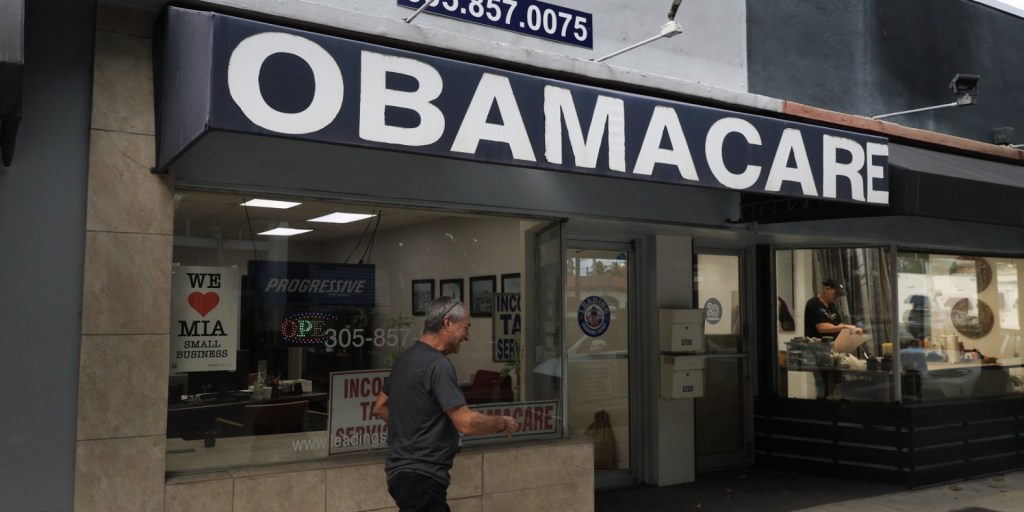
Republican lawmakers are intensifying efforts to offer an alternative to the Affordable Care Act (Obamacare), seeking to reshape the U.S. healthcare system with proposals they say will reduce costs and expand patient choice. With rising premiums and ongoing debates over federal mandates, Republicans argue that the current system remains burdensome for individuals, families, and small businesses.
Key elements of Republican healthcare proposals focus on flexibility and affordability. Lawmakers are exploring ways to allow insurers to offer lower-cost plans with fewer mandated benefits, expand the use of Health Savings Accounts (HSAs), and provide tax credits to help Americans purchase insurance that suits their specific needs. These measures aim to create a competitive market in which consumers have more control over their healthcare spending.
Senator Rick Scott and House Republican leaders have emphasized that the goal is not to leave Americans uninsured but to provide more options while lowering costs. “We want a system that rewards choice and competition,” said one senior Republican aide. “Families should be able to select coverage that fits their budget and health requirements without being forced into a one-size-fits-all plan.”
Republicans are also seeking to address coverage gaps for high-risk individuals while avoiding the strict federal regulations that have contributed to rising premiums under Obamacare. Proposed reforms may include state-level waivers, which allow local governments to tailor healthcare programs based on regional needs. This approach mirrors policies some states have successfully implemented, creating pilot programs with lower premiums and broader access.
Critics, including Democratic lawmakers and healthcare advocacy groups, warn that rolling back mandates could leave vulnerable populations without essential benefits, such as maternity care or mental health coverage. They argue that reducing federal protections may create disparities and expose consumers to financial risk in case of serious illness. Republicans counter that flexibility and competition will drive innovation and reduce costs, ultimately benefiting more Americans in the long run.
The political landscape surrounding healthcare remains highly contentious. While Republicans hold a significant platform to push for legislative changes, any comprehensive replacement of Obamacare faces scrutiny in Congress, legal challenges, and public opinion battles. Lawmakers must balance market reforms with protections for those with pre-existing conditions, ensuring that reforms do not destabilize coverage.
Analysts note that the timing of these proposals aligns with the midterm elections, as healthcare continues to be a central issue for voters. Success in passing Republican-led alternatives could reshape the healthcare debate for years, potentially setting the stage for broader federal reforms and influencing insurance markets nationwide.
As the debate unfolds, Americans can expect a continued focus on lowering premiums, increasing plan flexibility, and redefining the federal role in healthcare. Republicans are framing their efforts as a long-term vision to improve access and affordability, while Democrats stress the need to preserve protections and ensure comprehensive coverage. The outcome will have major implications for the U.S. healthcare system and millions of Americans who rely on insurance coverage under Obamacare.
Watch video below :












